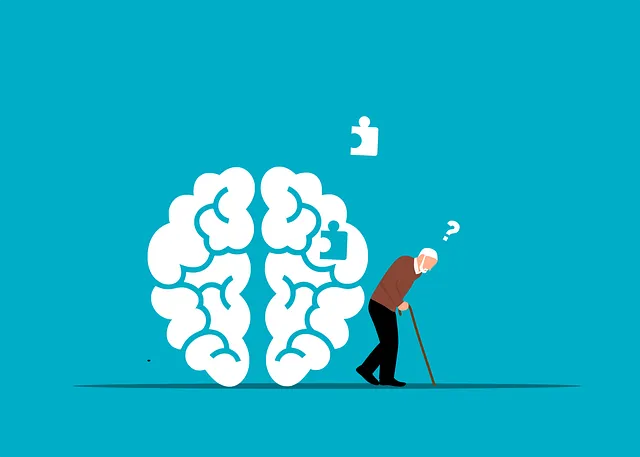The Kaiser Permanente mental health center Boulder uses positive thinking exercises like journaling, mindfulness meditation, and cognitive reframing to promote mental wellness. Their structured Mental Wellness Journaling Exercise helps patients reflect on experiences and challenge negative thoughts. They emphasize daily self-care practices, community outreach, and risk assessment for professionals to make well-being strategies accessible. Regular assessments track improvements in mood, stress, and life satisfaction, with adjustments based on individual feedback and evolving needs.
Discover the transformative power of positive thinking exercises at Kaiser Permanente Boulder, a leading mental health center. This comprehensive guide explores how integrating daily practices can enhance your well-being. Learn about proven strategies that have helped countless individuals navigate stress and cultivate resilience. With measurable success and adjustable routines, you’ll gain tools to thrive. Explore these techniques to unlock your potential and experience a more fulfilling life, all within the trusted framework of Kaiser Permanente Boulder.
- Understanding Positive Thinking Exercises at Kaiser Permanente Boulder
- Integrating Daily Practices for Mental Well-being
- Measuring Success and Adjusting Your Routine
Understanding Positive Thinking Exercises at Kaiser Permanente Boulder

At Kaiser Permanente Boulder’s mental health center, positive thinking exercises play a pivotal role in fostering mental wellness and inner strength development. These exercises are designed to cultivate a mindset focused on optimism, gratitude, and resilience, which can significantly impact an individual’s overall well-being. Through various practices such as journaling, mindfulness meditation, and cognitive reframing, individuals gain tools to navigate life’s challenges with greater ease.
The Mental Wellness Journaling Exercise Guidance offered at Kaiser Permanente Boulder encourages patients to reflect on their experiences by documenting thoughts, feelings, and achievements in a structured journal. This process not only enhances self-awareness but also promotes positive thinking patterns, helping individuals recognize and challenge negative or unhelpful thought processes. By integrating these exercises into their daily routines, patients are empowered to build inner strength and resilience, ultimately contributing to improved mental health outcomes.
Integrating Daily Practices for Mental Well-being

Integrating daily practices for mental well-being is a key component of any comprehensive approach to positive thinking exercises. At the Kaiser Permanente mental health center Boulder, we recognize the importance of creating sustainable habits that promote a healthy mind. This involves encouraging individuals to engage in regular self-care routines such as meditation, journaling, and physical activity. These practices not only help to reduce stress and anxiety but also foster resilience and emotional balance.
Through our Community Outreach Program Implementation, we aim to make these well-being strategies accessible to all. By partnering with local organizations and leveraging effective Communication Strategies, we can ensure that mental health resources are reaching those who need them most. Additionally, the Risk Assessment for Mental Health Professionals is a critical tool in identifying potential challenges and providing appropriate support, ultimately enhancing the overall effectiveness of our initiatives.
Measuring Success and Adjusting Your Routine

Measuring success and adjusting your routine are crucial components in implementing a positive thinking exercise. At the Kaiser Permanente mental health center Boulder, professionals focus on quantifiable outcomes to assess the effectiveness of these exercises. This involves tracking improvements in areas such as mood, stress levels, and overall life satisfaction through regular assessments and self-reporting. Additionally, they utilize risk management planning for mental health professionals to mitigate potential setbacks or triggers that might disrupt progress.
By integrating emotional well-being promotion techniques into daily routines, healthcare provider cultural competency training becomes a continuous process. Adjustments are made based on individual feedback and evolving needs, ensuring that the positive thinking exercises remain tailored and relevant. This dynamic approach allows for sustained mental health improvement while fostering resilience against challenges, ultimately enhancing the overall wellbeing of individuals engaging in these practices.
Positive thinking exercises, as implemented at Kaiser Permanente mental health center Boulder, offer a powerful tool for enhancing well-being. By integrating daily practices, individuals can cultivate a more optimistic mindset and improve their overall mental health. Measuring success through regular reflection allows for adjustments to suit individual needs, ensuring these routines remain effective. Embrace the transformative power of positive thinking and explore the benefits it brings at Kaiser Permanente Boulder.






